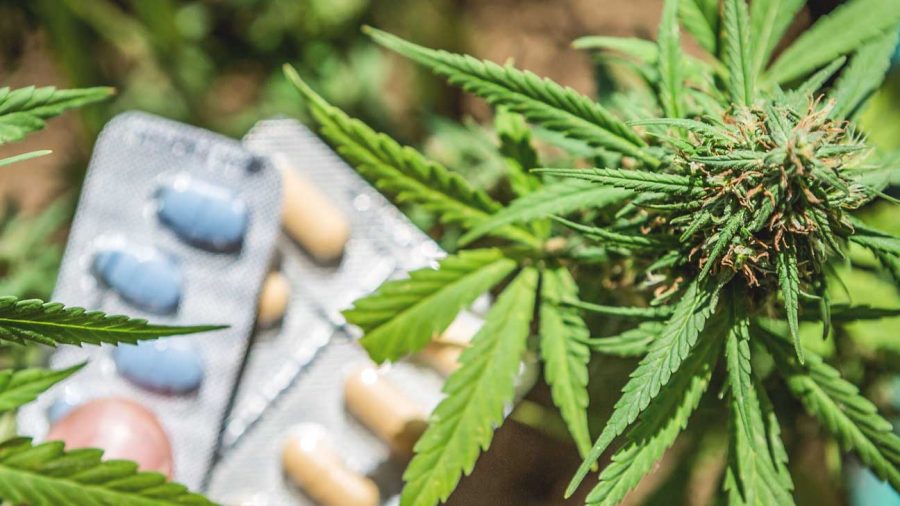Study suggests nearly half of patients stop using Benzodiazepine after medical cannabis treatment
Scientists seem to be quite on the grasp of something in regards to combatting the opioid crisis with cannabis.
A company called Aleafia Health has published the world’s first-ever study reporting a reduction in Benzodiazepine use among patients who used medical cannabis.
Based on the results of the study, as much as 45.2 percent of patients who had previously been consuming benzodiazepines in large quantities quit using them completely within six months of starting medical cannabis treatment.
What are Benzodiazepines?
Benzodiazepines are considered to be a class of psychoactive drugs. Often prescribed by doctors and healthcare practitioners for relieving anxiety, they are regarded as one of the most frequently used common sedatives.
Warnings from the Canadian Centre on Substance Abuse and Addiction (CCSAA) suggest that long-term complications may arise as a result of using benzodiazepines, which are easily accessible by prescription holders. The risks include dependence, misuse, overdose and in many instances, fatalities.
A CCSAA study reported how 10 percent of Canada’s population uses prescription sedatives. In the U.S., the number of opioid users has dropped in states that have enacted cannabis laws.
The majority of patients who participated in Aleafia’s cannabis study – a total of 146 – noted that they experienced less discomfort caused by their medical conditions after substituting benzodiazepines with medicinal-grade cannabis.
Why is Aleafia well-positioned in the medical cannabis market?
Physicians led the medical cannabis treatment sessions inside Aleafia Health’s wholly owned Canabo Medical Clinics.
The company affirms that it is in possession of the world’s biggest medical cannabis database. Aleafia will use the data it gleans from the study, as well as existing data, to determine the best practices in treatments and product innovation as the medical cannabis industry steers ahead.
“Due to regulatory hurdles and lingering stigma, there remains a shortage of medical cannabis research. At Aleafia, we will continue to leverage our IP and leading cannabis data to further advance patient care through advanced treatment methods and specialized product development,” said the Health Chief Medical Officer at Aleafia, Dr. Michael Verbora.
“This study’s results will not be surprising to many patients who have transitioned from prescription painkillers and sedatives with the help of physician-led medical cannabis therapy. I thank the study authors for this significant contribution to evidence-based medicine.”








